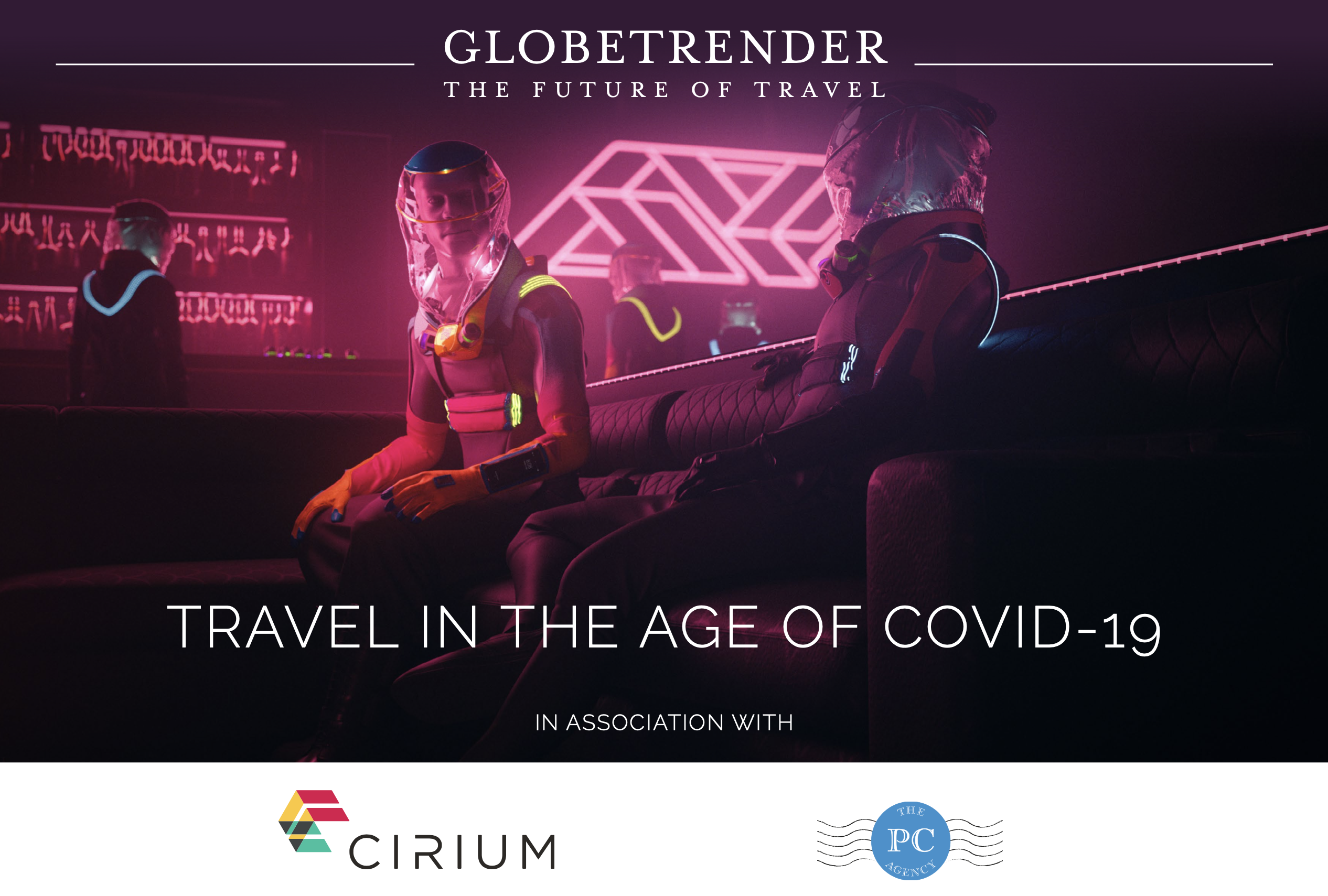Passengers will soon be able to travel to the continent without their passports thanks to Eurostar’s adoption of facial recognition scanners from iProov. Sam Ballard reports
Eurostar is set to roll out iProov facial recognition technology that will mean passengers can travel between the UK and Europe without a passport.
This new innovation in biometric security will allow passengers to get on Eurostar trains using a “facial biometric corridor to enable contactless journeys”.
This will mean completing ticket checks and border exit processes at St Pancras International station in London without needing to come into contact with people or hardware. The initiative is planned to go live by March 2021 and will be performed in partnership with Canadian travel and immigration solution specialists WorldReach Software.
Facial recognition has already been trialled at airports but in this case is coming to train travel as part of a “first of its kind” competition run by Innovate UK and funded by the Department for Transport as part of a £9.4 million endeavour to revolutionise rail travel.
To use iProov, passengers will need to download the Eurostar app where they can choose an accelerated pre-boarding option. That will involve uploading scans of their identification documentation and then using iProov’s facial biometric check.

The solution promises to assure the “genuine presence” of the passenger and protect against “deepfakes” (synthetic media in which a person in an existing image or video is replaced with someone else’s likeness).
The company uses an illumination process that ascertains whether or not the user is a real person, rather than a photo, video, or mask by flashing an array of colours at their face.
The passenger then receives a message confirming that their identity document has been secured and a ticket or passport will not need to be shown until a passenger reaches their destination.
Andrew Bud, founder and CEO, iProov, says: “This is a world first. iProov is enabling train passengers to choose to travel without tickets or documentation in a way that is safe and secure.
“What started off as a project to reduce travel congestion and keep passengers moving is now going to help keep people safe in a pandemic world through social distancing and contactless interaction. It’s yet another example of how opt-in facial verification is making life easier and safer for people around the world.”
He told the Financial Times: “There’d be no gates and no fumbling around with scraps of paper and bar codes. You can reduce your interactions with people for border checks and it helps to limit queues, reserve human resources and enforce social distancing.”
What’s coming next? Trend reports available to download HERE



